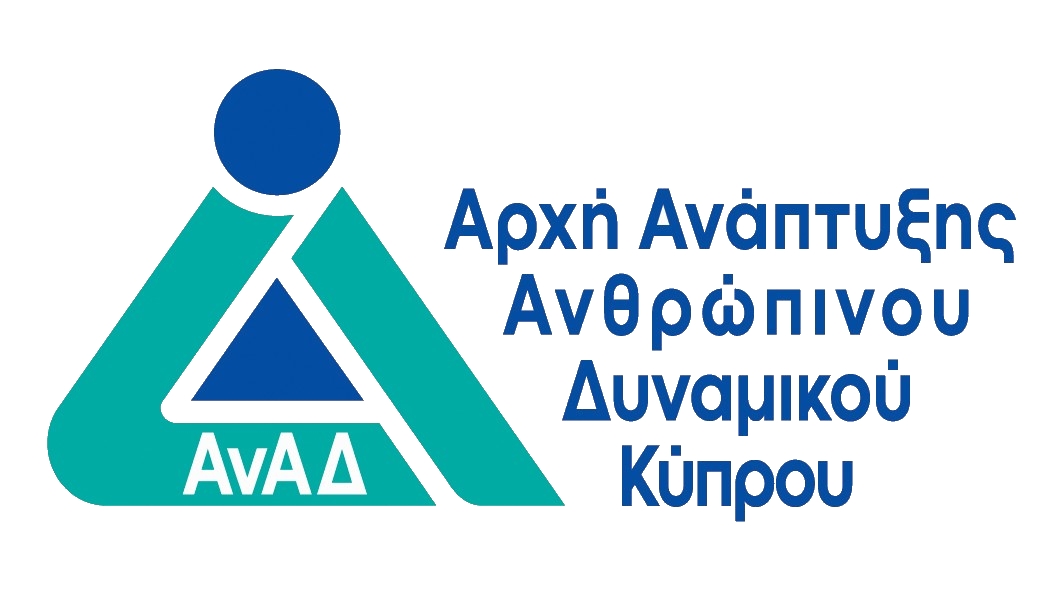
Certificate in Financial Literacy
- Οργάνωση/ Διοίκηση/ Ηγεσία - Χρηματοοικ. Ασφαλιστικά Τραπεζικά - Λογιστικά/ Έλεγχος/ Φορολογικά

ΠΕΡΙΓΡΑΦΗ
This course is designed for professionals who aim to deepen their understanding of the financial aspects influencing legal practice. It covers essential accounting principles, financial statements, business performance metrics, and valuation techniques, enabling lawyers to navigate financial discussions confidently, advise clients more effectively, and make informed decisions in transactions and litigation contexts.
In today's complex legal environment, where billions of euros are negotiated and litigated, a profound understanding of financial principles is essential for lawyers. Employers across the industry have voiced a critical need for enhanced financial literacy among legal professionals. Our extensive market research corroborates this demand, highlighting a pressing need for lawyers to possess robust financial skills. Such expertise is essential, as lawyers must understand more than just the legal nuances of a case or transaction—they need a fundamental grasp of the financial stakes involved.
This course on financial literacy stands out as the first of its kind, specifically designed to fill a critical gap identified by employers between financial advisors and legal professionals. Through rigorous market research, we have validated the urgent need for lawyers to enhance their financial literacy.
This foundational module is crafted to equip lawyers and legal practitioners with a comprehensive understanding of financial statements and their critical role within the legal landscape. It lays the groundwork for interpreting and utilizing financial data effectively across various legal contexts, from corporate transactions to litigation. Participants will delve into the principles of accounting, explore the mechanics of financial documentation, and analyze a company's fiscal health, gaining invaluable insights that bridge the gap between legal expertise and financial acumen.
Building on this foundation, the course dives deeper into financial indicators and performance metrics that are crucial for understanding a business's health and potential. This module enhances legal professionals' abilities to interpret and leverage financial data, focusing on advanced metrics and their implications for better client advising, deal negotiation, and strategic decision-making.
The curriculum also includes a specialized module tailored for those seeking to master advanced valuation techniques. This part focuses on the methodologies themselves rather than the specific contexts in which they are applied, equipping participants with a deep understanding of various valuation methods. Lawyers will learn to critically evaluate valuation reports, effectively challenge expert assessments, and leverage valuation insights in negotiations and litigation.
By completing this certificate, lawyers will not only be able to independently understand the financial opportunities and risks their clients face but also articulate and strategize using the language of accounting. This course transforms legal practice by empowering lawyers with the skills to make informed decisions, construct compelling business cases for deals, thus, as employers recognise making the services they offer to their clients, more robust, professional and competitive in a crowded market place.
ΣΕ ΠΟΙΟΥΣ ΑΠΕΥΘΥΝΕΤΑΙ
This course is aimed towards:
- Lawyers
- Advocates
- Legal Advisors
- Corporate administrators
ΠΕΡΙΣΣΟΤΕΡΕΣ ΠΛΗΡΟΦΟΡΙΕΣ
Course Content
Understanding Financial Statements
- Why interpreting and utilizing financial data effectively in various legal contexts, from corporate transactions to litigation is important
- Overview of delving into the principles of accounting, the mechanics of financial documentation, and the analysis of a company's fiscal health.
- Introduction to generally accepted Accounting Principles
- Reading and Interpreting Financial Statements
- The double entry system
- The trial balance
- Statement of financial position
- Profit and loss statement
- Balance Sheet Analysis
- Income Statement Insights
- Cash Flow Statement Understanding
- Relating Financial Statements to Each Other
- Impact of Transactions on Financial Statements
- Auditing Process: Role, Limitations, and Safeguards
- Analyzing Financial Health: Warning Signs and Red Flags
Financial Performance and Business Metrics
- 1. Overview of the financial indicators and performance metrics crucial for understanding a business's health and potential.financial analysis and leverage financial data in various legal contexts. By focusing on advanced metrics and their implications, lawyers can better advise their clients, negotiate deals, and make strategic decisions.
- Understanding EBITDA, Cash Flow, and Opportunity Costs for financial analysis
- Understanding Fixed and Variable Costs for financial analysis
- Understanding Depreciation and Capitalization Rates for financial analysis
- Understanding measuring Return on Equity and Going Concern Value for financial analysis
- Understanding Gross profit margin, operating margin, net profit margin for financial analysis
Business Valuation Techniques - Part 1
- Overview of Valuation: Purpose and Principles
- Time Value of Money: Concepts of Discounting and Capitalization
- Understanding Risk and Return in Valuation
- Discounted Cash Flow (DCF) Analysis: Theory and Application
- Capitalization of Earnings: Application and Limitations
- Case Examples: Valuing Ongoing Businesses and Assessing Economic Damages
- Comparable Company Analysis (CCA): Identifying and Analyzing Comparables
- Precedent Transaction Analysis (PTA): Evaluating Past Deals in Similar Industries
- Case Examples: Mergers and Acquisitions, and Minority Interest Valuations
Business Valuation Techniques - Part 2
- Net Asset Value (NAV): Valuing Companies by Their Assets
- Liquidation Value: Estimating the Worth in a Dissolution Scenario
- Case Examples: Bankruptcy Proceedings and Distressed Sales
- Valuing Start-ups and Emerging Technologies: Specific Challenges and Methods
- Real Options Valuation: Capturing the Value of Flexibility in Business Decision-Making
- Cross-Border Valuation: Addressing Currency Risks and International Standards
- Case Examples: Venture Capital Financing
Πληροφορίες Εκπαιδευτή
Αναλυτικό Κόστος Σεμιναρίου
Για Δικαιούχους ΑνΑΔ
- € 300.00
- € 180.00
- € 0.00
- € 120.00
- € 120.00
Για μη-Δικαιούχους ΑνΑΔ
- € 300.00
- € 0.00
- € 57.00
- € 300.00
- € 357.00
ΠΡΟΓΡΑΜΜΑ ΣΕΜΙΝΑΡΙΟΥ
Τετάρτη - 06 Νοε 2024
Ώρα
15:00 - 18:15
ΕΚΠΑΙΔΕΥΤΗΣ:
Πανίκος ΧαραλάμπουςΤοποθεσία:
OnLine Virtual Classroom
Τετάρτη - 13 Νοε 2024
Ώρα
15:00 - 18:15
ΕΚΠΑΙΔΕΥΤΗΣ:
Πανίκος ΧαραλάμπουςΤοποθεσία:
OnLine Virtual Classroom
Τετάρτη - 20 Νοε 2024
Ώρα
15:00 - 18:15
ΕΚΠΑΙΔΕΥΤΗΣ:
Πανίκος ΧαραλάμπουςΤοποθεσία:
OnLine Virtual Classroom
 Ελληνικά
Ελληνικά  English
English



 Αγγλικά
Αγγλικά
 9 ώρες
(
3 μέρες
)
9 ώρες
(
3 μέρες
)













